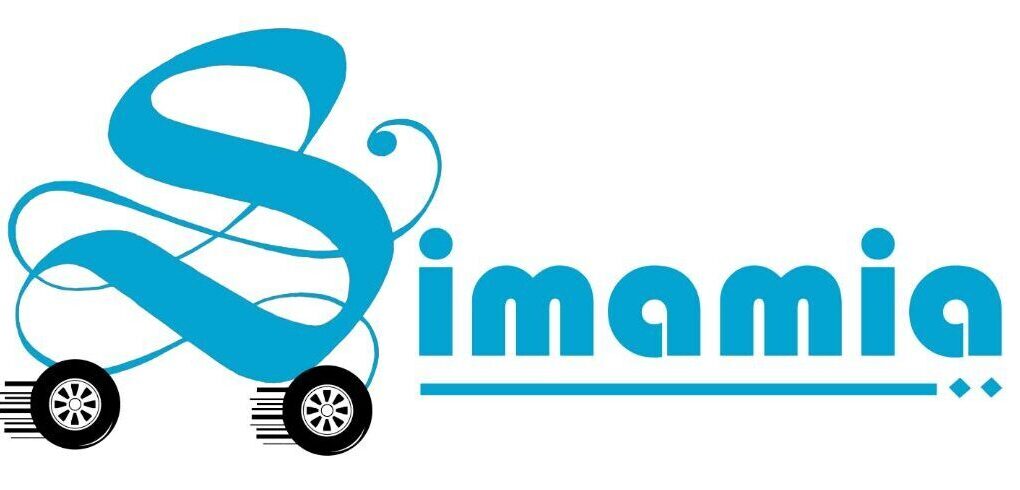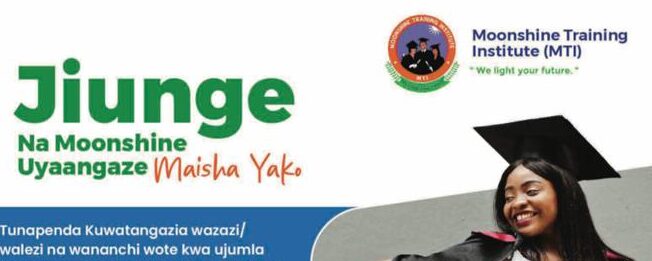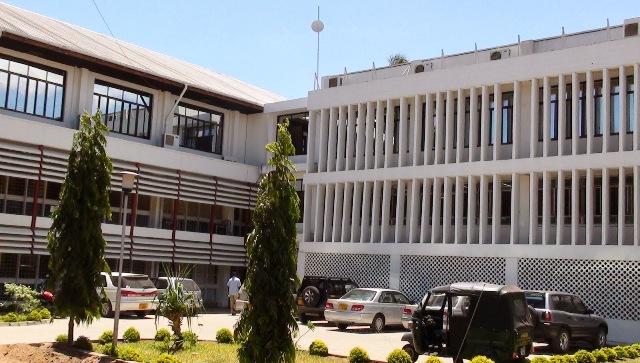
THE Muhimbili University of Health and Allied Sciences (MUHAS) leads the pack of its fellow research and academic institutions in Tanzania in the number of articles in the web of science in the last five years, a new study shows.
Presenting the findings of a research on the institutions in Dar es Salaam, Mr Paul Muneja, from the University of Dar es Salaam said MUHAS had 311 articles in the web of science between 2009 and 2014, Sokoine University of Agriculture had 208, KCMC had 138 while the National Institute of Medical Research (NIMR) had 146.
Mr Muneja presented the findings during a workshop on the policy support for financing, quality and comprehensive analysis of STI Journals and strategies to increase quality and use online publishing technologies.
He said that like other universities in Africa, higher learning institutions in Tanzania are faced by many challenges to meet scholarly communications objectives. He said that the challenges related to publishers were institutional, related to publishers, high rejection rate, delay in getting feedback from publishers and article processing charges, which can go to a tune of 3,000 USD per article.
He urged that to beat some of those challenges, it was important to internationalise local journals. He pointed out that there were also institutional challenges which include lack of internal support, and mentoring, lacking publishing policy.
Presenting her findings on open access, as an option for researchers to publish, Prof Tandi Luoga from MUHAS said that over 50 per cent of medical institutions in Africa have no journal subscription, according to World Health Organisation (WHO). Prof Luoga noted that Africa’s total number of publications accounted to 2.1 per cent of total world publication while Europe and North America accounted to 40 per cent and 23 per cent respectively.
In her study, she found that 93.5 per cent of researchers in eight universities are not familiar with specific open access opportunities.
But she added that in their responses, over 80 per cent of the researchers were positive about the benefits of open access. She proposed that universities and research institutions should advocate for open access policies and also establish institutional repositories.
Addressing the gathering earlier, the President of Tanzania Academy of Sciences (TAAS), Prof Esther Mwaikambo, said the participants was supposed to come up with a forum for pushing, building capacity, financing and quality international level production of Tanzania’s STI journals and increase quality papers.
The main participants were policy makers, people from universities, publishers, private sector, research organisations, academy fellows and beneficiaries of strategies to increase quality and use online of Tanzania Science Technology and Innovation (STI) journals. They discussed and raised understanding on considerations of financing, quality production and comprehensive analysis.



Recent Comments